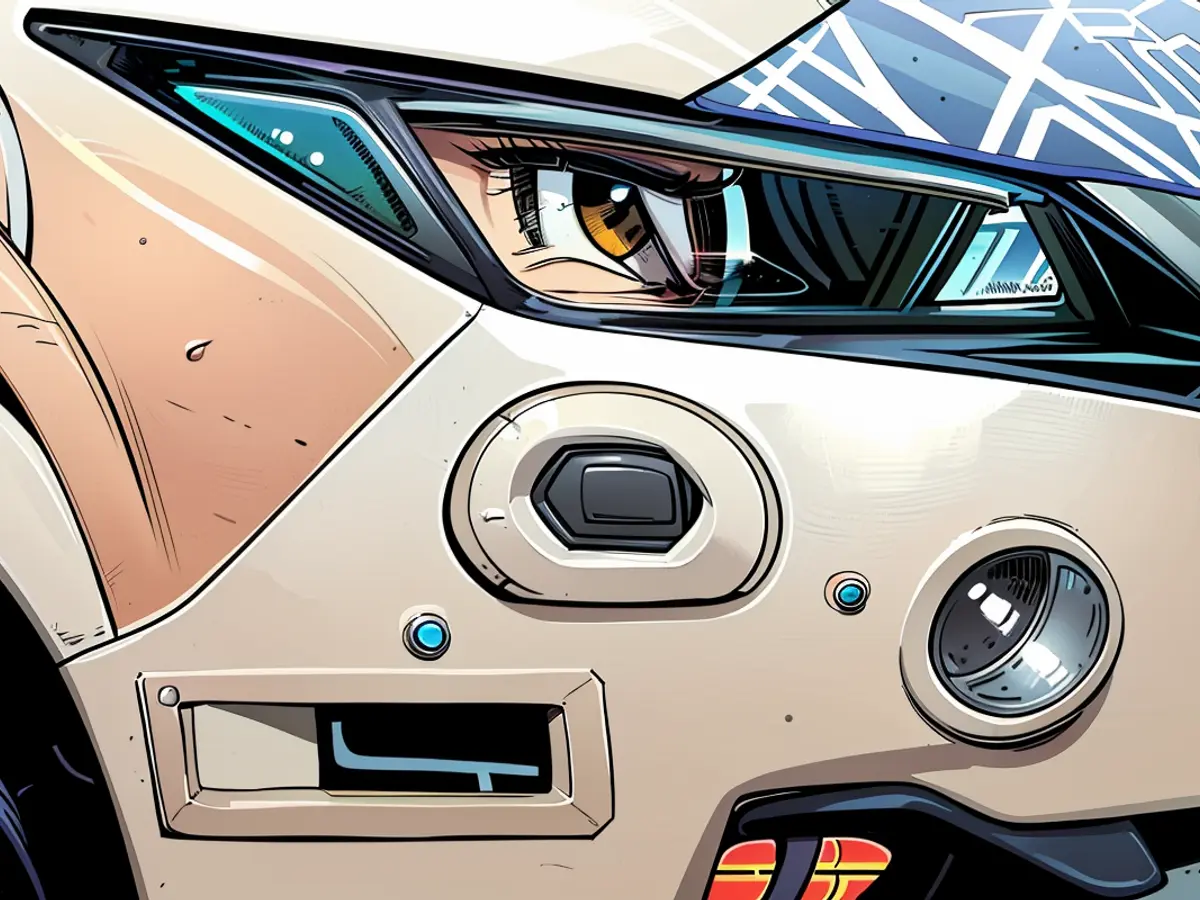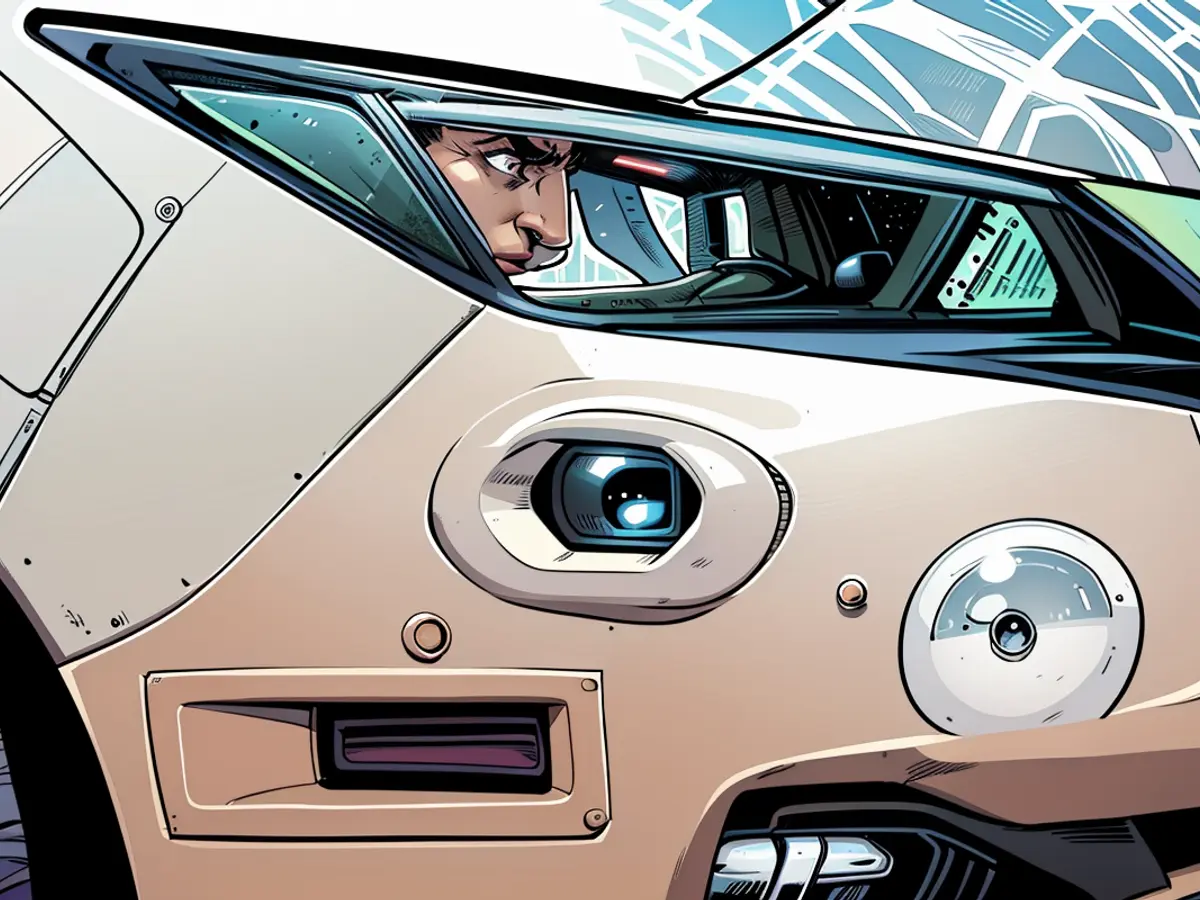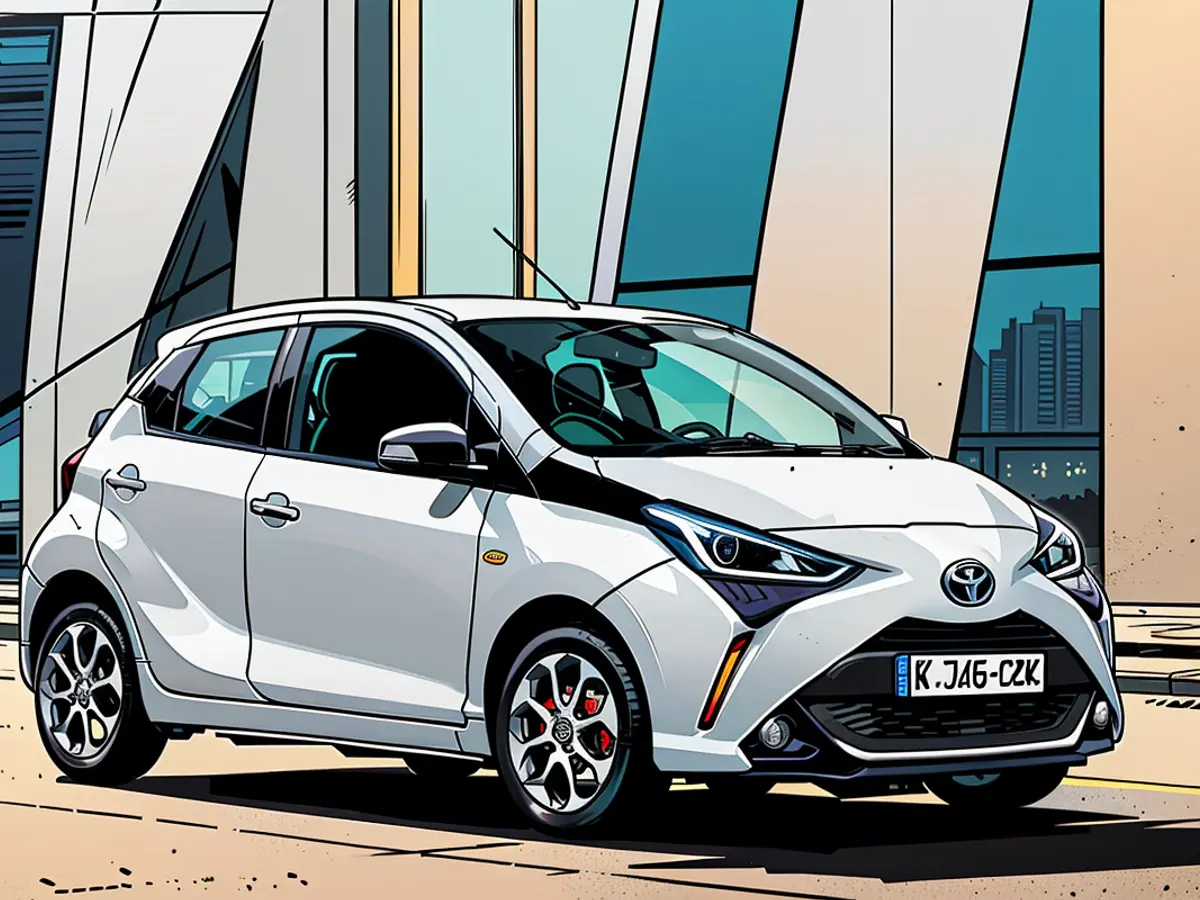Flexibility or range of movement - Several Japanese car makers have admitted to engaging in deceptive practices.
The Japanese car industry is experiencing turbulence after five major manufacturers confessed to altering crucial tests. As a result of an in-depth investigation into fraudulent collision tests by Daihatsu, Toyota's small car subsidiary, additional misconducts in the sector are being uncovered.
The Japanese Ministry of Transportation reported that certain safety tests weren't performed correctly for the brands Mazda, Toyota, Honda, Yamaha, and Suzuki. This was necessary for the approval of their respective models. Certain models have been discontinued, such as the Corolla Fielder, Corolla Axio, and Yaris Cross, which are no longer available in Japan.
Ministry of Transportation condemns violations as deeply regretful
The Ministry of Transportation lamented the discovery of more infractions, stating, "It is deeply regrettable that more violations have been found." The brands have responded. Toyota's board chairman Akio Toyoda expressed regret and admitted the wrongdoings. However, the good news is that the vehicles are safe and may continue to be used.
German news agencies report that Mazda and Yamaha have been ordered to cease delivering two impacted car models for the Japanese market, as well as a motorcycle category. Honda and Suzuki stopped producing the models where testing irregularities were discovered. No vehicle recalls have been announced so far.
The manufacturers are now facing a challenging period, much as seen when Toyota's headquarters was searched. It's likely that investigators will leave no stone unturned.
Europe remains unaffected
At stern's request, Mazda Germany verified that "this action relates to the type approval tests in Japan." A representative confirmed: "All Mazda vehicles in Europe have passed the required tests, and no Mazda vehicle on the road or in Mazda showrooms in Europe is impacted by this investigation." The firm states that it has conducted additional tests that "confirmed that the affected models meet the legal requirements for passenger protection in frontal collisions."
Honda informed stern that "no irregularities were found in the certification tests for four-wheel vehicles currently being sold or intended to be sold in the future." It was also stated that European-sold cars are not affected.
The altered safety tests are only the beginning. With "open questions about emissions tests" arising during the investigations, it's anticipated that the Japanese car industry's reform will take some time. Toyota, the world's largest car manufacturer, is not the sole perpetrator.
Read also:
- Daihatsu, a subsidiary of Toyota, uses Daihatsu engines in some of their vehicles, and they were found to have manipulated collision tests.
- Honda, a prominent player in the automotive industry, uses both Honda and Suzuki engines in their vehicles, and they have been implicated in the scandal.
- The Ministry of Transport condemned the violations by Mazda, Toyota, Honda, Yamaha, and Suzuki, stating that it's deeply regrettable that more violations have been discovered.
- The European market remains unaffected by the scandal, as Mazda Germany confirmed that their vehicles in Europe have passed all required tests and are not impacted by the investigation.
- Honda also reported that no irregularities were found in the certification tests for four-wheel vehicles currently being sold or intended to be sold in Europe.
- Toyota, the world's largest car manufacturer, is not the sole perpetrator in this scandal, as open questions about emissions tests have arisen during the investigations.
- Mazda and Yamaha have been ordered to cease delivering certain car models for the Japanese market due to the violation of impact tests, while Honda and Suzuki have stopped producing models where testing irregularities were discovered.








